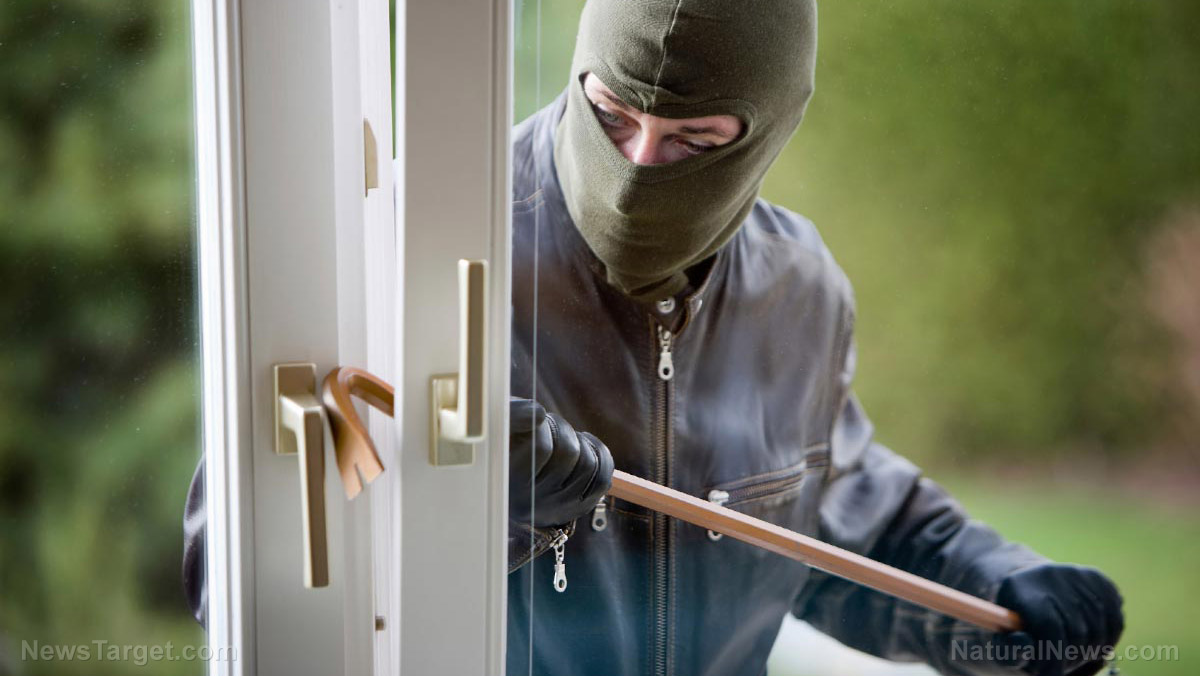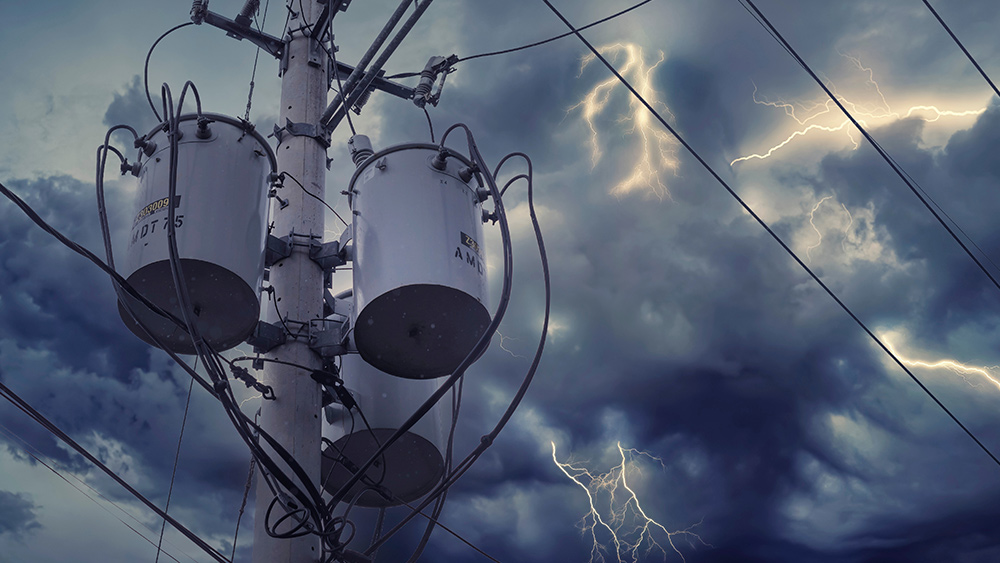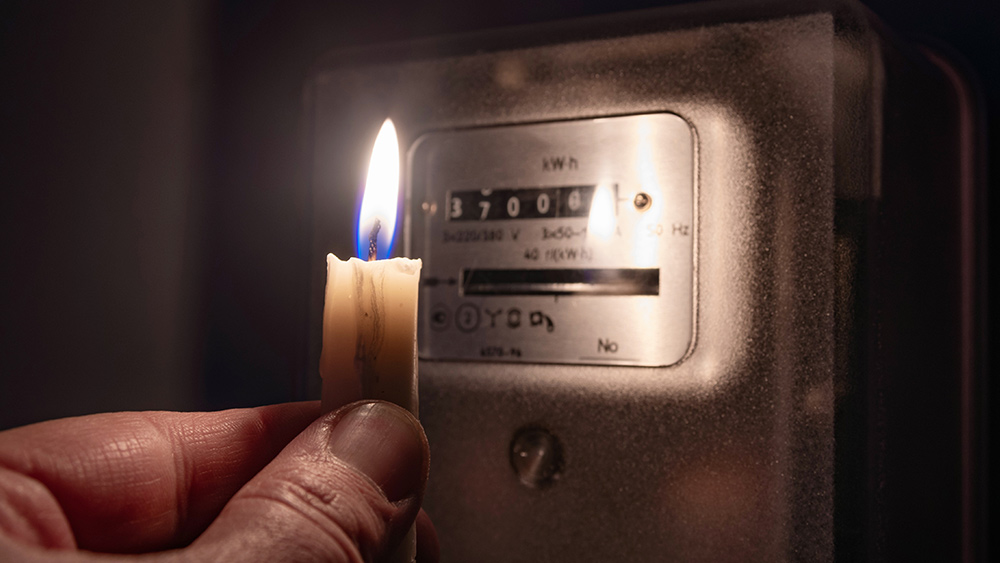
Having enough food and being warm usually take center stage when prepping for power outages. But it is equally important to be prepared for break-ins especially as a weeklong power outage will likely drive non-preppers to desperate measures. With no light and no electricity to power your security systems, your home is particularly vulnerable to invasion during a blackout.
Here's what to do to secure your home before a power outage: (h/t to DoomsdayMoose.com)
Keep a generator
Having a generator installed at your home is important especially if rolling blackouts happen frequently in your area. A generator can power your security system on top of the essential appliances and keep lights on in and around your house. Given the proper maintenance, it can serve you well for a few decades. Make sure to calculate your home’s energy load when all of your key appliances are turned on before buying a generator.
Install basic security features
High-tech cameras and sensors are often the first things to come to mind when upgrading your house for home security. But traditional security features will make up your first line of defense against break-ins. Plus, you don't have to worry about them when the power goes out.
Traditional security features include the following:
- Dogs – Having trained dogs at home is a simple but effective way of keeping burglars out. These protective animals are able to detect prowlers long before alarms go off and their loud barks will be enough to wake up even the heaviest of sleepers.
- Deadbolts – Locking doorknobs is not enough to keep burglars out. You're going to need a deadbolt to make it extra hard for anyone to break in through your door.
- Barred windows – There's a good chance a housebreaker will break in through a window. Bar your windows with wood or metal to secure your home.
- Shrubbery – Line the perimeter of your property with thorny shrubs. These plants can hold up burglars and give the authorities time to arrive at your place.
- Noisemakers – Chimes, bells and other noisemakers let you know a door is being used. They might be annoying during the day when you and your family are moving about the house, but they are valuable during break-ins.
Use battery-powered sensors
Consider using battery-power sensors to elevate home security. It's always nice to have these sensors on top of the traditional security features. You don't have to worry about keeping these things running during a power outage as long as you have reliable backup batteries. Battery-powered cameras that turn on only when motion is detected can last for months on a single charge.
However, you should still check all of the batteries at least once a month to ensure they have enough charge in the event of an abrupt power outage. Test also your fire alarms and sensors at least once every month or two. (Related: Simple strategies you can implement NOW to significantly improve your home security.)
Keep spare batteries
Speaking of batteries, don't forget to keep spare ones for other devices like your phone and flashlights. Though your key appliances are already taken care of, you should still invest in extra batteries to take a portion of your energy load off your generator.
Being prepared for a power outage requires not only having sufficient food supplies or having the resources to keep yourself and your family warm. It also involves being ready to fend off burglars especially at a time when your home is most vulnerable to break-ins.
Sources include:
Please contact us for more information.





















